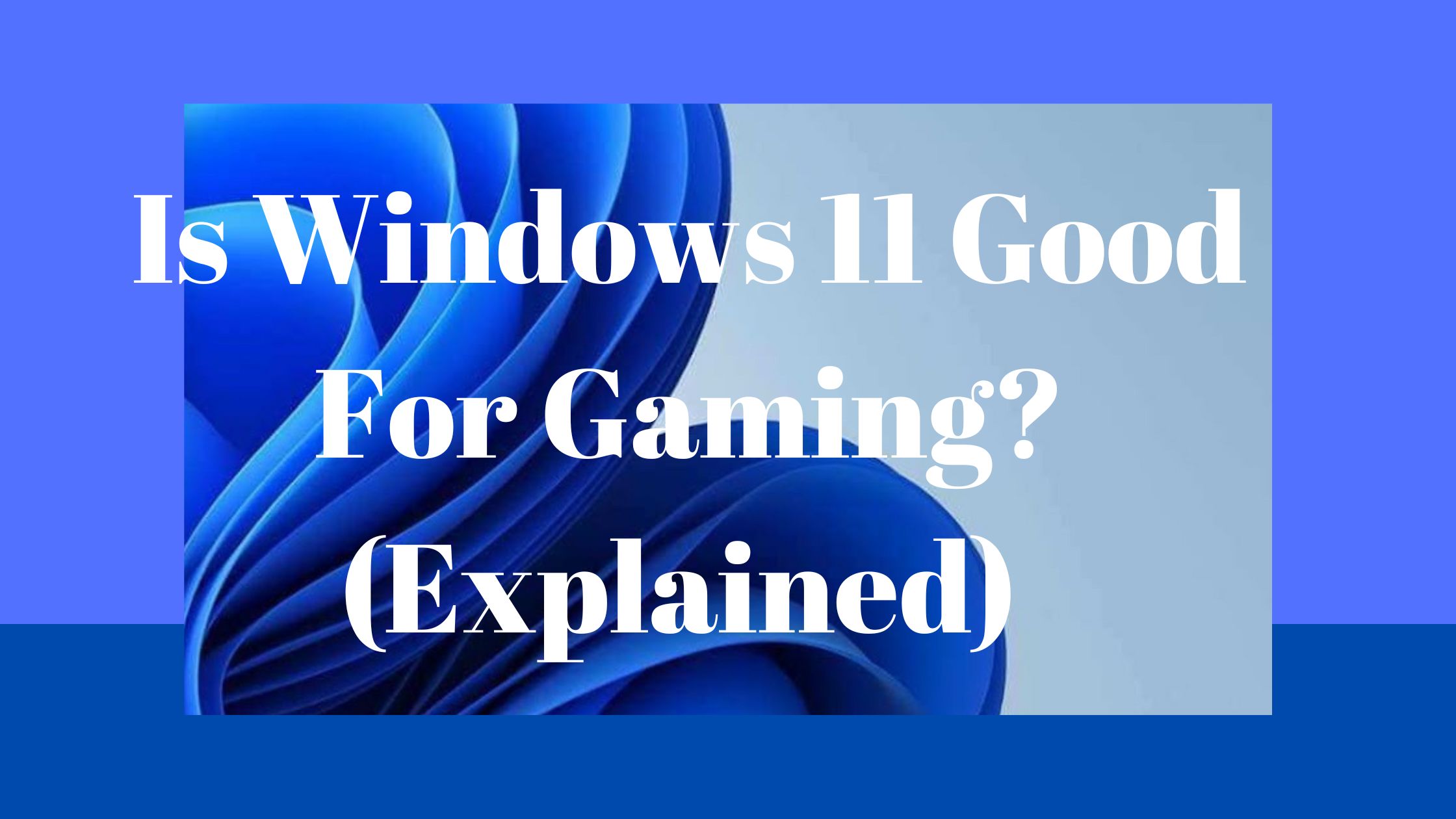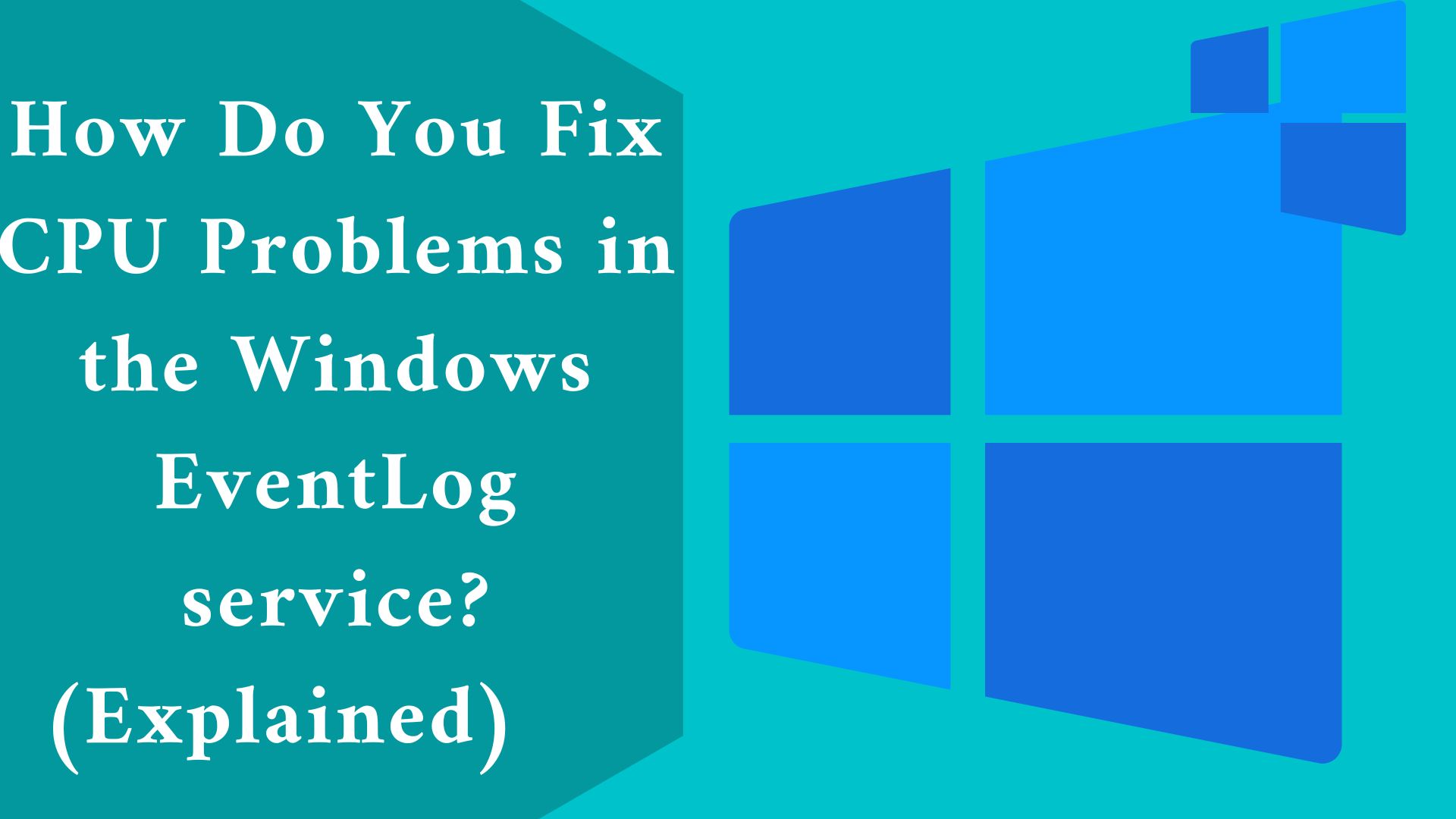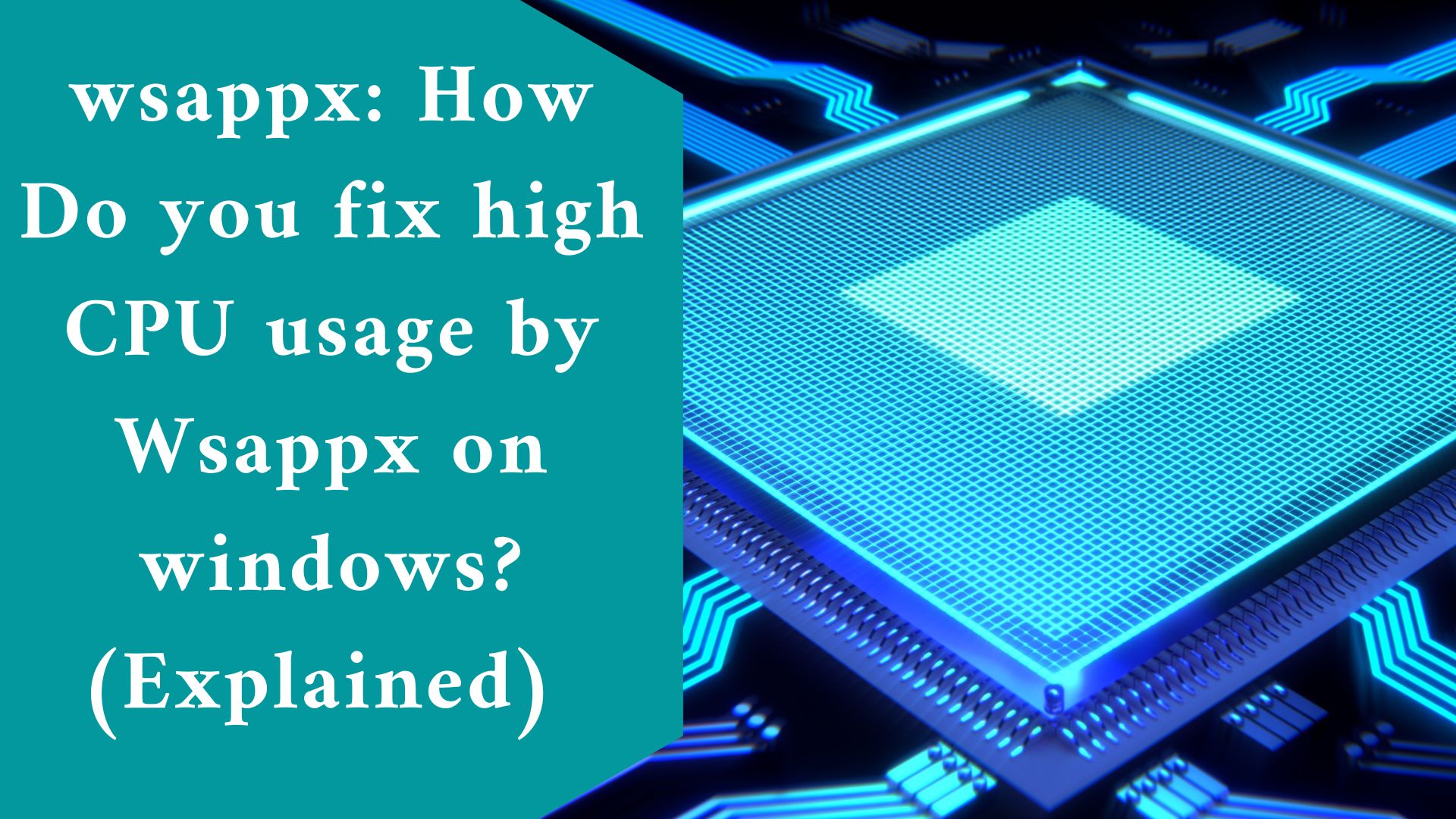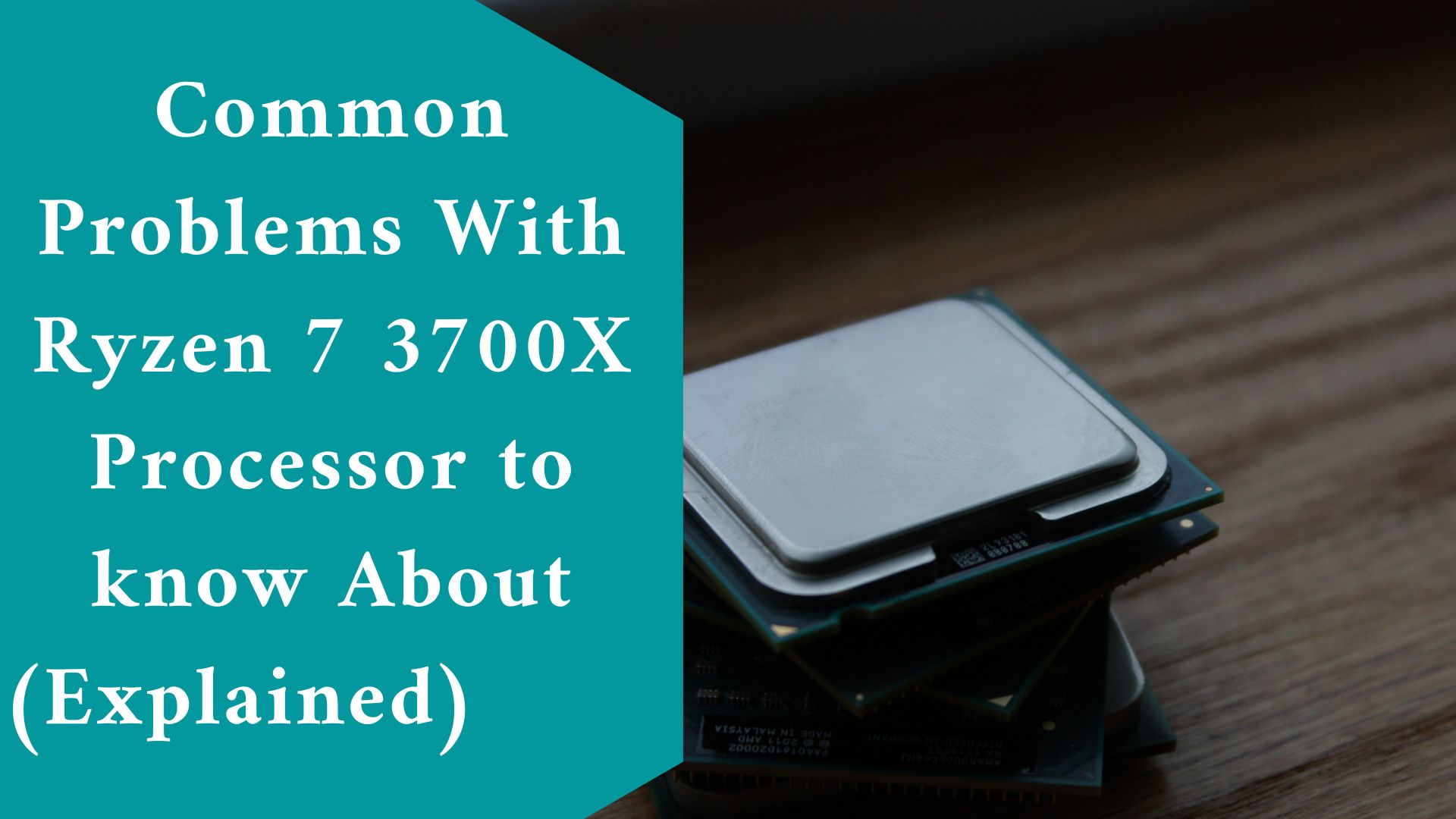The performance of Windows 11 for gaming has been a hot topic ever since its release.
The majority of the chatter has been unfavorable, with critics alleging that upgrading to the most recent version of Windows causes performance decreases.
Are these allegations true? Or are these problems with performance merely rumors? How capable is Windows 11 at playing games? Let’s face the fact here on this topic.
Virtualization-Based Security is a phrase you may come up with in forums discussing Windows 11’s gaming performance (VBS).
VBS was created to give enterprise users the ability to separate malware from important operations, reducing data theft and enabling them to shut down the system in the case of a compromise.
Through the use of Windows as a virtual subsystem, this approach adds a degree of protection over TPM.
However, whether you are updating from Windows 10 or doing a fresh install, VBS does not come activated on the personal or home versions of Windows. So virtualization shouldn’t cause a computer slowdown for gaming.
Features
Microsoft promotes Windows 11 as the ideal version of Windows for PC gamers. Numerous gaming capabilities, like DirectX 12 Ultimate, Auto HDR, and Direct Storage, are included.
The new capability hasn’t been included in many games yet, but it will likely be in the upcoming few years.
Direct Storage
Direct Storage, which was initially designed for the Xbox, aims to more effectively provide game data by utilizing the fast data transfer rates of NVMe SSDs.
The goal is to leverage a GPU to swiftly decompress game assets and transport them to the game virtually instantly. Details about the API are currently limited because it is so new.
As one of the ongoing bottlenecks in the gaming business, loading game data from storage will undoubtedly enhance gaming performance.
The issue has been made worse by the increasing fidelity of graphics, which demands high-res textures and intricate 3D models and necessitates constant streaming of substantial amounts of data.

HDR auto
High Dynamic Range (HDR) monitors are becoming more and more common, and many PC gamers consider them essential.
But since the majority of video games still use Standard Dynamic Range (SDR), the cutting-edge monitor is worthless.
With the help of its Auto HDR feature, Windows 11 seeks to close the gap. As suggested by the name, it automatically adjusts the color and brightness balance to provide an HDR experience even on games that do not support it.
It will fall short of native HDR integration, but it would still be an improvement over SDR. Additionally, if your display is HDR-capable, you can instantly boost the graphics without doing anything.
The Standards
It doesn’t matter how good a system appears on paper in the end. The statistics themselves are all that count.
On the same CPU and GPU, we evaluated a variety of visually demanding games initially under Windows 10 and then after switching to Windows 11.
(a clean install would give you the same results). For testing, we’re using a system with an AMD Ryzen processor, an NVidia GeForce RTX graphics card, and 16 GB of DDR4 RAM.
The games were all played with the default settings that were suggested.
GAME |
FPS ON WINDOWS 10 |
FPS ON WINDOWS 11 |
| Far Cry 5 | 76 | 77 |
| Assassin’s Creed Valhalla | 66 | 61 |
| Call of Duty: Warzone | 71 | 68 |
| Final Fantasy XIV | 63 | 65 |
The outcomes are not encouraging. With frame rates nearly constant across all of the tested games, Windows 11 doesn’t appear to provide any meaningful gaming optimizations.
This also means that you won’t encounter any noticeable dips in FPS, providing you with the same gaming experience you had with Windows 10.
The Reasons Why Upgrading to Windows 11 is not advisable for gaming
-
It isn’t a significant update to Windows 10.
Don’t rush to upgrade to Windows 10 if you use your PC primarily for gaming and it already has the operating system installed; it does not significantly outperform your current Windows version.
It might be stressful to upgrade the operating system, and installation is not always straightforward.
Directly upgrading from the Windows installer can lead to several issues, the majority of which can be avoided by doing a factory reset while installing Windows 11 from scratch. A factory reset makes the update process easier and helps the machine avoid driver
issues, but the new operating system is not worth having to reinstall all of your games and programs.
For gamers, Windows 10 will be enough, and an upgrade can be made when it is evident that it will be beneficial.
-
Right now, Windows 11 has bugs.
For five years, Windows 10 has been available. It has nearly no bugs and is a polished, highly functional OS.
Windows 11 is a new operating system, so it still has bugs. Even after almost a year since its release, it still has a good number of issues.
Although these flaws will eventually be resolved, they nevertheless make working with the system difficult.
The best course of action is to hold off until Windows 11 becomes a better streamlined operating system and these flaws are fixed.
-
Windows 10 performs better in games.
Most of the time, Windows 10’s FPS games perform better than Windows 11’s (with both installed on computers that have the same specifications).
Virtualization-Based Security (VBS), a feature added to Windows 10 that is automatically enabled in new PCs running Windows 11, is mostly to blame for this.
The computer’s security is improved by the use of hardware and software virtualization, which consumes resources in the background and lowers frame rates while gaming.
Windows 10 is an excellent operating system for gaming, with no obvious downsides, despite Microsoft’s claims that it is “designed for games” and has additional gaming capabilities.
-
Using the internet
Even if the user is paying extra for the Pro version of Windows 11, the operating system still requires a Microsoft account login. You won’t be able to log in and eventually won’t be able to use Windows at all if you don’t have an internet connection.
It’s advisable to remain with Windows 10 if you want to play games on an entirely offline device.
-
More demanding system requirements
It is typically not worthwhile to upgrade your hardware if the operating system requires it.
The OS might not be compatible with some of the parts, even with capable hardware that can play the newest games at their highest settings.
TPM 2.0 (Trusted Platform Module), which is required of the system software for security-related reasons, is the most onerous requirement.
Even if you have other more recent components, the new operating system is unsuitable for you if your motherboard does not physically support TPM 2.0.
A CPU older than an 8th generation Intel core is not supported, even if TPM 2.0 is accessible on motherboards that are no older than five years old.
As a result, users with 7th generation Kaby Lake processors cannot install the most recent version of Windows.
Final thought
If we only consider benchmarks, Windows 11 falls short of expectations. Its performance is a little better than Windows 10’s, either slightly worse or the same.
But in the long run, Windows 11 will improve PC gaming. New games would be enhanced to take full advantage of Windows 11’s features, including Direct Storage and DirectX 12 Ultimate.
This is before taking into account the fact that Windows 11 is still a new release and has some bugs to work out. It can be anticipated that it will eventually outperform Windows 10 and perform far better than its current avatar.
Related article:
Solve: Black Screen After Update On Windows 11




